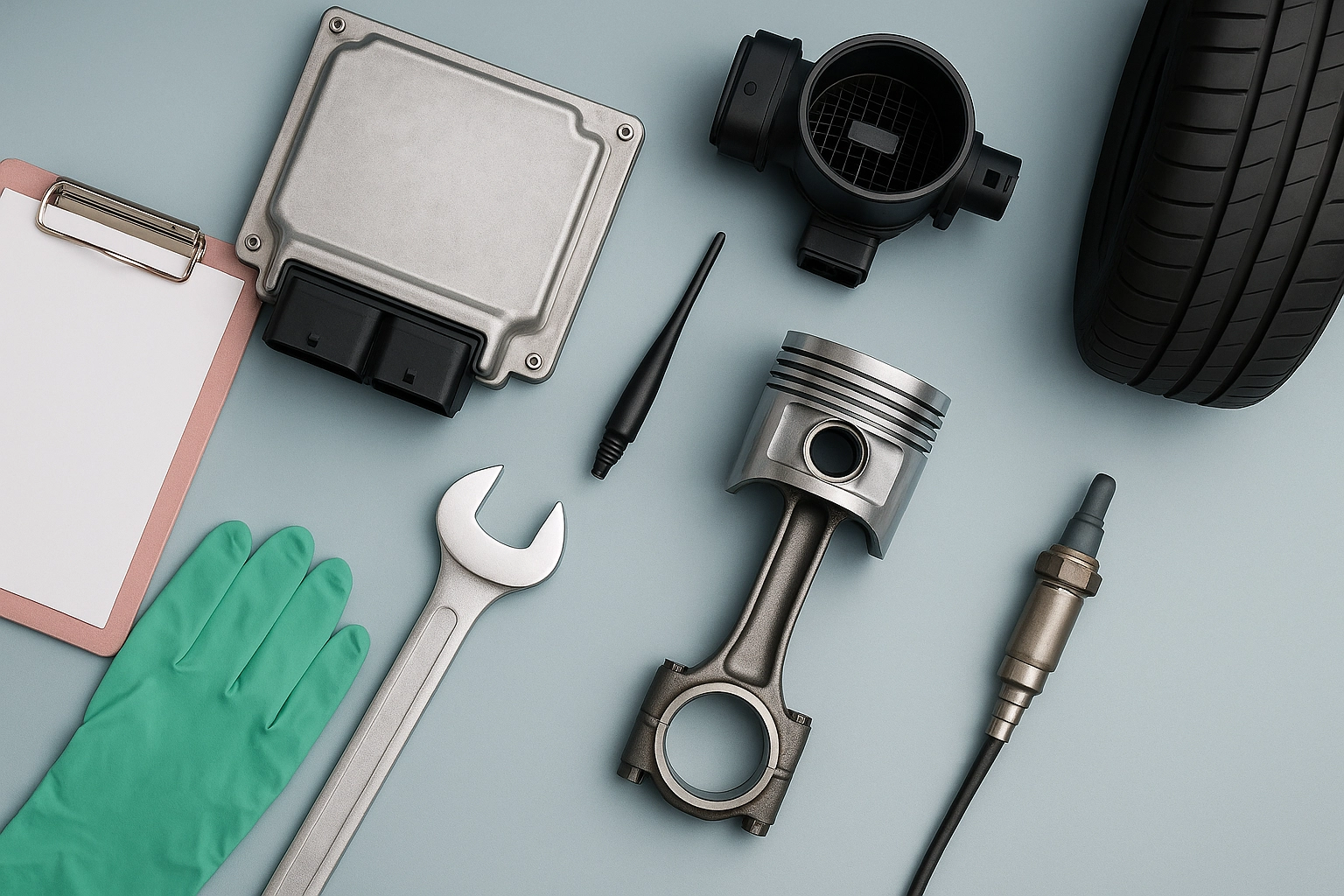SAE J3358 Engine Oil Pump Durability Evaluation
The SAE J3358 Engine Oil Pump Durability Evaluation is a critical test procedure designed to evaluate the durability and reliability of engine oil pumps under simulated real-world operating conditions. This service is essential for automotive manufacturers, suppliers, and R&D engineers who are developing or improving engine oil pump designs.
Engine oil pumps play a crucial role in maintaining proper lubrication within an engine, ensuring efficient operation and extending component life. However, these components must withstand harsh environmental conditions, varying loads, and frequent start-stop cycles encountered during vehicle use. The SAE J3358 protocol is specifically tailored to mimic these conditions accurately.
The test involves subjecting the oil pump to a predefined number of cycles or hours, depending on the specified duration or load. During this process, multiple performance metrics are monitored continuously. These include but are not limited to pressure drop across the pump, volumetric flow rate, noise levels, and operational stability. Any deviation from expected parameters can indicate potential issues with the design or manufacturing process.
For quality managers and compliance officers overseeing product development, this service provides invaluable data for ensuring that new models meet stringent regulatory requirements set by organizations like SAE International. Additionally, R&D engineers rely on consistent test results to identify areas needing improvement early in the design phase. By incorporating feedback from this evaluation into their prototypes, they can optimize future iterations more efficiently.
Incorporating advanced materials and innovative manufacturing techniques has led to significant advancements in engine oil pump technology over recent years. However, achieving optimal performance remains challenging due to complex interactions between various factors such as internal friction, fluid dynamics, and external forces acting on the component during operation. The SAE J3358 evaluation helps address these challenges by providing a standardized framework for assessing durability.
Accurate testing is paramount when it comes to ensuring compliance with international standards like ISO 4629-1:2017, which outlines general requirements and test methods for engine oil pumps. Compliance ensures that products perform consistently across different environments while also enhancing brand reputation through reliable performance assurances.
By investing in thorough durability evaluations such as those conducted according to SAE J3358, companies can gain competitive advantages by delivering superior-quality components that contribute positively to overall vehicle reliability and longevity.
Applied Standards
The SAE J3358 Engine Oil Pump Durability Evaluation strictly adheres to the guidelines outlined in SAE International's SAE J3358 standard. This document provides detailed instructions on how to conduct a comprehensive evaluation of engine oil pump durability. It covers everything from selecting appropriate test conditions and specimen preparation through data collection methods and analysis techniques.
Key aspects addressed in the standard include:
- Test Setup: Description of necessary equipment, setup configurations, and initial calibration procedures.
- Operational Conditions: Specification of parameters such as temperature ranges, pressure levels, rotational speeds, and fluid types to simulate realistic operating environments.
- Data Collection: Methods for measuring key performance indicators like flow rate, pressure drop, noise emissions, and vibration patterns throughout the test duration.
- Acceptance Criteria: Threshold values beyond which a pump would be deemed unacceptable based on its behavior during testing.
The use of internationally recognized standards ensures consistency across various laboratories worldwide. This uniformity allows for easier comparison between results obtained by different facilities, facilitating better decision-making processes within industries reliant upon this type of evaluation.
Scope and Methodology
The SAE J3358 Engine Oil Pump Durability Evaluation encompasses a series of tests aimed at assessing the long-term reliability of engine oil pumps. These tests are conducted under controlled laboratory conditions designed to replicate actual field usage as closely as possible.
In terms of scope, this service focuses primarily on evaluating the following areas:
- Material Integrity: Examination of whether materials used in construction remain intact over extended periods without signs of wear or degradation.
- Performance Stability: Monitoring changes in performance metrics like flow rate and pressure drop throughout the test duration to determine any decline in efficiency.
- Operational Lifespan: Determination of how long a pump can operate effectively before experiencing significant decreases in functionality.
The methodology employed involves several steps, starting with specimen preparation. Specimens undergo thorough cleaning and inspection prior to installation into the test rig. Once installed, they are subjected to varying loads representative of typical vehicle usage patterns. Throughout this process, multiple sensors continuously monitor various parameters, providing real-time data that engineers analyze post-test.
This approach allows for precise identification of any weaknesses or shortcomings in design or manufacturing processes early on. It also helps manufacturers make informed decisions regarding material selection and process optimization, ultimately leading to enhanced product quality.
Competitive Advantage and Market Impact
The SAE J3358 Engine Oil Pump Durability Evaluation offers numerous advantages for businesses operating within the automotive industry. One key benefit lies in its ability to provide accurate predictions about long-term performance based on short-duration tests, thereby saving time and resources typically associated with field testing.
Another significant advantage is the enhancement of brand reputation. Companies that invest in rigorous durability evaluations are perceived as leaders in their field due to their commitment to quality assurance practices. This perception fosters trust among customers, investors, and industry partners alike.
Furthermore, compliance with international standards like SAE J3358 enhances marketability by ensuring products meet regulatory requirements worldwide. As global markets become increasingly interconnected, adhering to these standards becomes crucial for maintaining competitive edge in both domestic and international arenas.
The results of this evaluation serve as valuable input during the design phase, allowing manufacturers to refine their designs iteratively until optimal performance is achieved. This iterative process not only improves product quality but also reduces costs associated with rework or recalls post-release.





